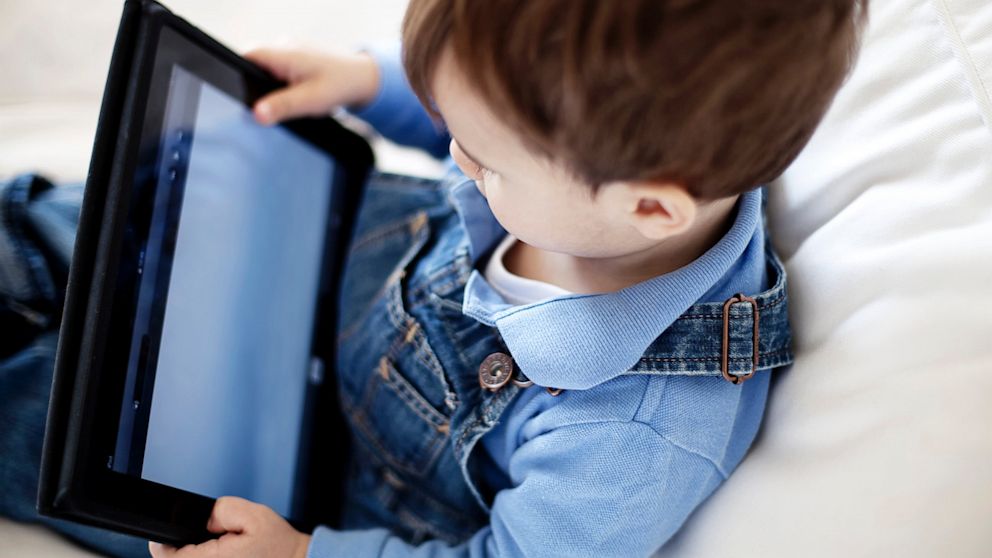Parents Due $100M Back From Kids In-App Spending Sprees
Parents of kids who went on in-app buying spree will get $100M back.

June 25, 2013 -- Apple, under the terms of a class-action settlement, will pay $100 million to parents whose kids went on unauthorized buying sprees in game apps.
Parents who claim their kids ran up unauthorized charges of $30 or less will get $5 worth of iTunes Store credit or $5 cash (if they no longer have an iTunes account), according to the settlement's terms. Parents who claim unauthorized charges in excess of $30 must submit the date and amount of each purchase. All claims, regardless of amount, must be submitted through a special 'Apple In-App Purchase Litigation' website.
Parents' anger over such purchases first surfaced in 2011, after the Washington Post documented multiple instances of children using certain of their parents' iPhone and iPad applications to buy imaginary goods and services offered by such interactive games as Smurfs Village.
Parental protests ultimately got the attention of the Federal Trade Commission, whose then-chairman vowed to look closely into the marketing practices of such apps, especially as they related to children, who might not be aware that the tokens or virtual coins used to buy virtual game-related goods had to be paid for by their parents with real money.
In one highly-publicized example, an 8-year old girl managed to rack up a bill (payable by her parents) of $1,400 buying "Smurfberries" within the app Smurf Village.
Apple subsequently implemented policy changes designed to make it more difficult, if not impossible, for young users to accrue such charges without parental consent.
A class-action suit was filed in 2011, seeking restitution for parents who, before these changes, had incurred charges they had not approved.
Under the settlement, any U.S. citizen is eligible for award, provided that prior to May 2, 2013, they incurred, using a qualified app, a charge to their iTunes account made by a minor acting without their permission. Claims must be submitted on or prior to August 30, 2013.
Not only has Apple modified its iTunes store listings to make clear which apps contain features that require a to pay real money, but the company also has beefed up efforts to educate parents on what they can do to prevent their kids' making expenditures.
Apple did not respond to a request by ABC News for comment.




